Q&A: Cuil co-founder Tom Costello
Three months after a much-hyped launch, search engine Cuil is still chasing Google as it looks to bring more innovation into online search.


It's not the case at all that we were trying to mirror or do the same thing as other search engines. Because of that, of course, people who rely on getting a lot of traffic from search engines can be very upset to see that there is another way, another way where they do not count as the top hit.
But a lot of the complaints were from users, people who were searching and trying to find something and not being successful. I think some of that's reflected in the fact that you guys still aren't getting a huge amount of users.
We're not getting the amount of traffic that Google is, definitely. We are getting, by our own right, quite a lot of traffic.
There's no question that we really need to do the best job for our users and we need to help them find the things they are looking for. I think that obviously building a search engine is a major endeavour and of course we are definitely getting better. People are finding what they're looking for, but there's no question that search is not a finished business. We're not definitely not perfect. Search won't be perfected for a long time.
When you launched, a lot of people excitedly described Cuil as a potential Google killer'. But as soon as you weren't able to keep up with traffic and people weren't happy with search, they were quite happy to turn on you and say that's what happens when you go up against Google, that it was hubris. Do you think it was mistake in marketing to come out that strong or was that decision even in your hands?
I had incredibly little control over what journalists write. We definitely didn't say we were a Google killer, but I have no ability to stop journalists or bloggers for that matter from saying Google killer.
Definitely, we said we were trying to do something different from Google. We definitely said yes, that we had indexed a very, very large number of pages.'
Get the ITPro daily newsletter
Sign up today and you will receive a free copy of our Future Focus 2025 report - the leading guidance on AI, cybersecurity and other IT challenges as per 700+ senior executives
Other people tend to want to actually make it a story about oh, here's David coming along against Goliath.' And again, I think that with the story of David and Goliath, David doesn't always win on the first shot. A lot of time, people want a very quick resolution to these things.
Even when you see Google built to the kind of dominant position they have - it took them 10 years to build to that position. Search is not a business where you have overnight success. It's not a business where you change the behaviour of billions of people worldwide who use search overnight.
A lot of companies on the web prefer to do a soft launch they don't do a lot of press stuff but slowly build up a user base. You did the opposite. There was a lot of talk about investments, millions of pounds of investment, and having big names and putting out press releases do you think that was the best way to launch, especially given the traffic troubles?
I think that there's no question, that whenever you launch a new web service, you put out a press release and you try to get people to use it. I think one of the big challenges for an awful lot of web services is that you launch them and people don't show up.
We were quite shocked by the number of people who did want to try a new search engine. There's a huge demand for people who can provide better search. I think that almost all web services when they launch the real question is how on earth do you manage to get attention, manage to drive traffic.
In some ways, we were terribly lucky that when we launched there was very little else happening in the world. Had we launched in September in the middle of the collapse of western capitalism, perhaps people would have paid less attention to us.
It was just an amazingly lucky coincidence we launched in the middle of a very dead week.
Freelance journalist Nicole Kobie first started writing for ITPro in 2007, with bylines in New Scientist, Wired, PC Pro and many more.
Nicole the author of a book about the history of technology, The Long History of the Future.
-
 Asus ZenScreen Fold OLED MQ17QH review
Asus ZenScreen Fold OLED MQ17QH reviewReviews A stunning foldable 17.3in OLED display – but it's too expensive to be anything more than a thrilling tech demo
By Sasha Muller
-
 How the UK MoJ achieved secure networks for prisons and offices with Palo Alto Networks
How the UK MoJ achieved secure networks for prisons and offices with Palo Alto NetworksCase study Adopting zero trust is a necessity when your own users are trying to launch cyber attacks
By Rory Bathgate
-
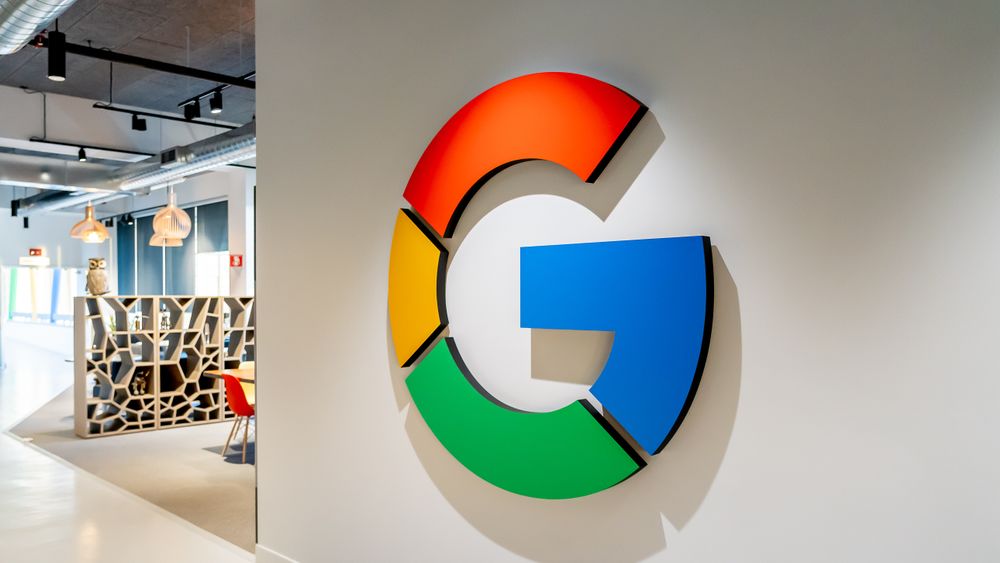 Google looks to shake up the way the tech industry classifies skin tones
Google looks to shake up the way the tech industry classifies skin tonesNews The tech giant is pursuing better ways to test for racial bias in tech products
By Mike Brassfield
-
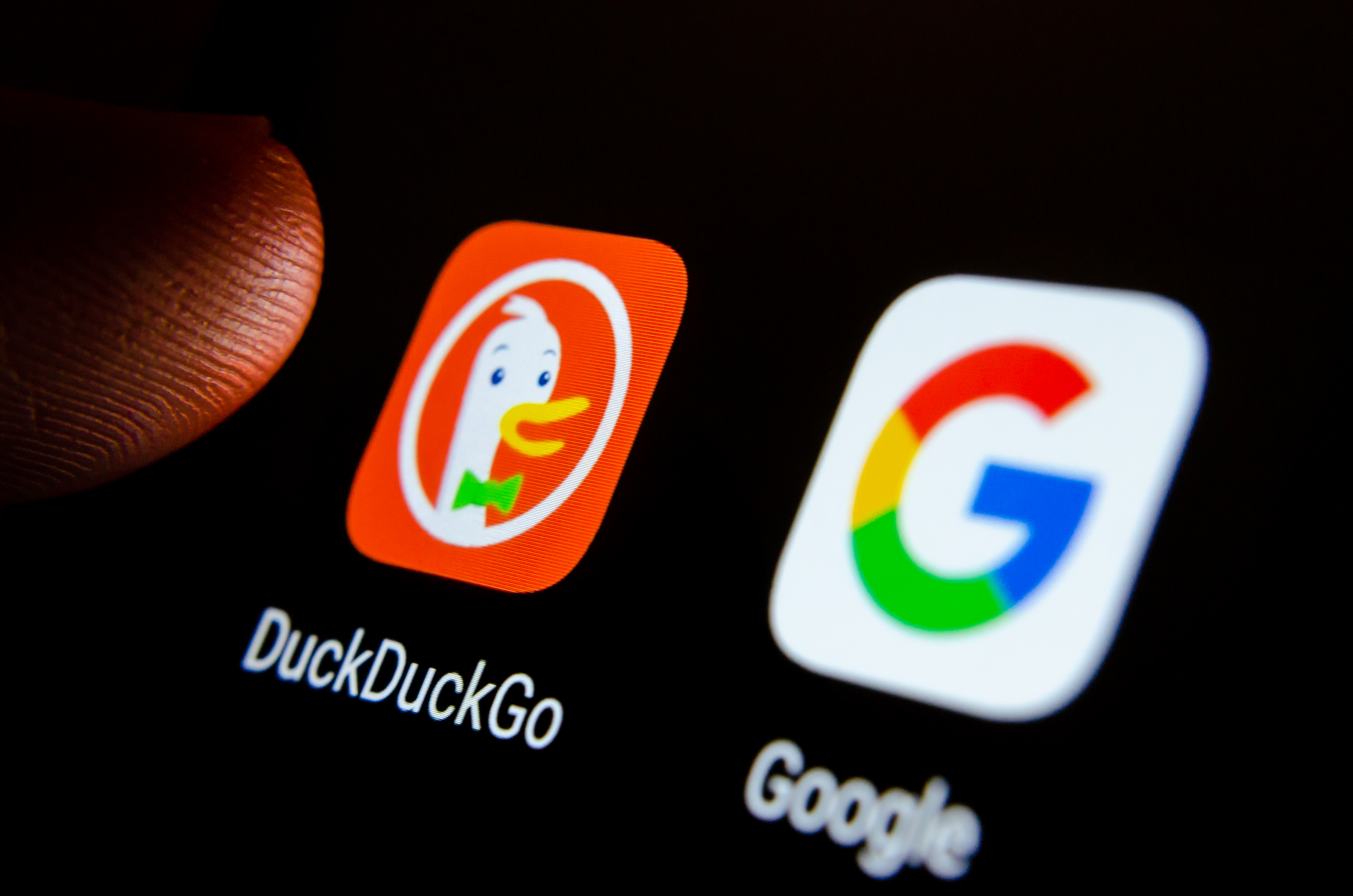 DuckDuckGo vs. Google: Privacy or popularity?
DuckDuckGo vs. Google: Privacy or popularity?Vs Google may reign as king, but it’s not the only option in the world of search
By Sarah Brennan
-
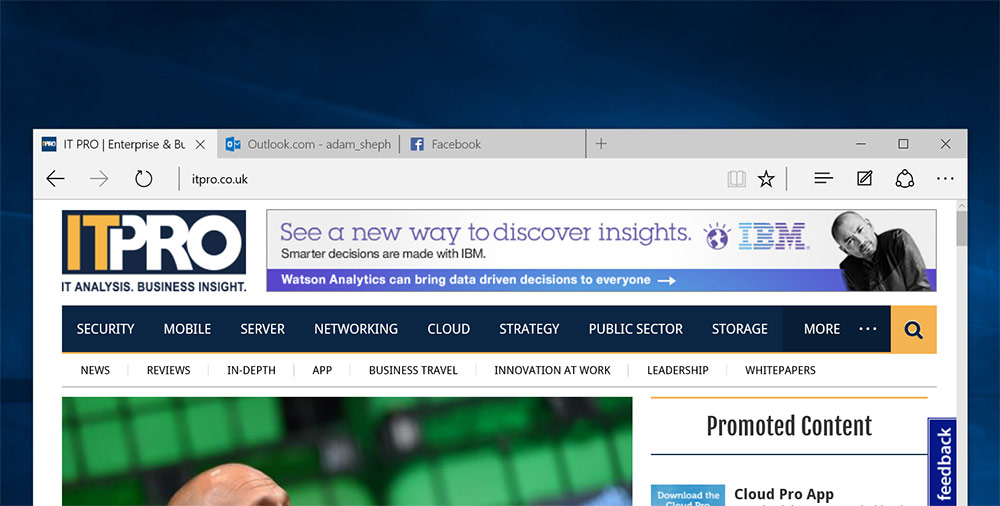 How to change your search engine in Microsoft Edge
How to change your search engine in Microsoft EdgeTutorials If you'd rather search through Google than Bing, here's how to change your default search provider in Windows 10's new browser
By Adam Shepherd
-
 Google's top 2014 search trends revealed
Google's top 2014 search trends revealedNews Google 2014 trends have been unveiled, and include the year’s biggest sporting events, tech releases, cat stats and more
By Caroline Preece
-
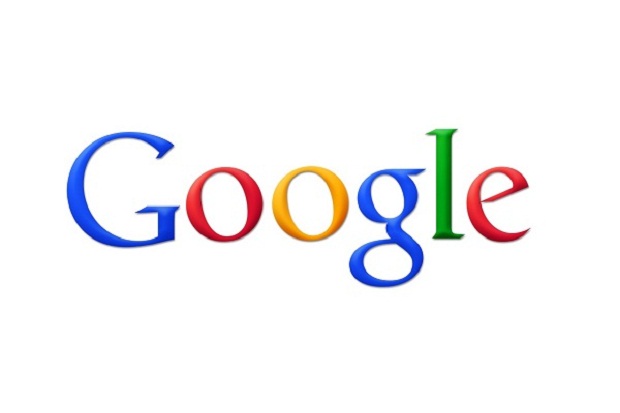 Google declares Amazon its biggest search rival
Google declares Amazon its biggest search rivalNews Google has dubbed Amazon its biggest rival above other traditional search engine companies
By Caroline Preece
-
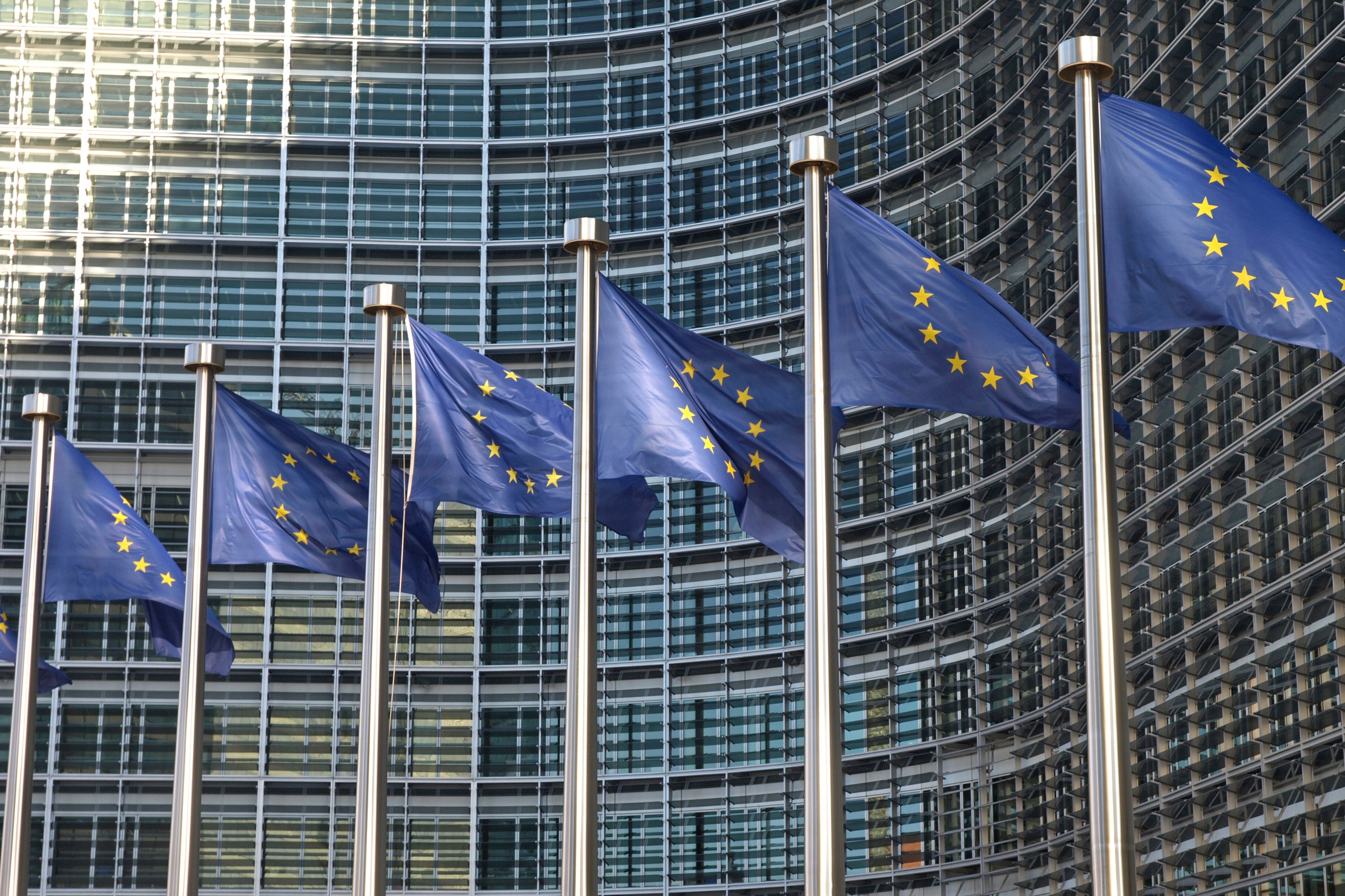 EU demands more concessions from Google over search dominance
EU demands more concessions from Google over search dominanceNews Google gets another chance to end probe
By Rene Millman
-
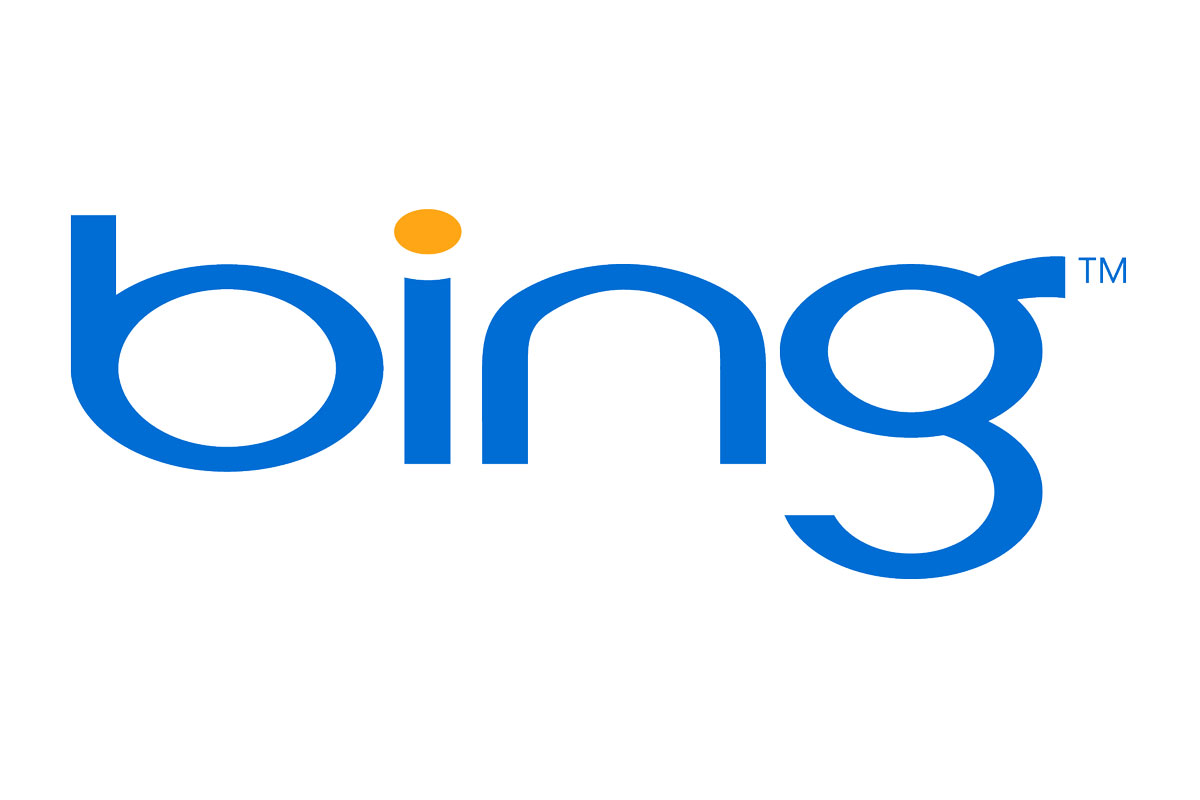 Bing's search now includes academic research
Bing's search now includes academic researchNews Scholarly articles will also be featured in Microsoft's Cortana Personal Assistant
By Clare Hopping
-
 UK demands EU drops right to be forgotten law
UK demands EU drops right to be forgotten lawNews The government has asked for the right to be forgotten law to be removed from new European Union data protection laws
By Clare Hopping